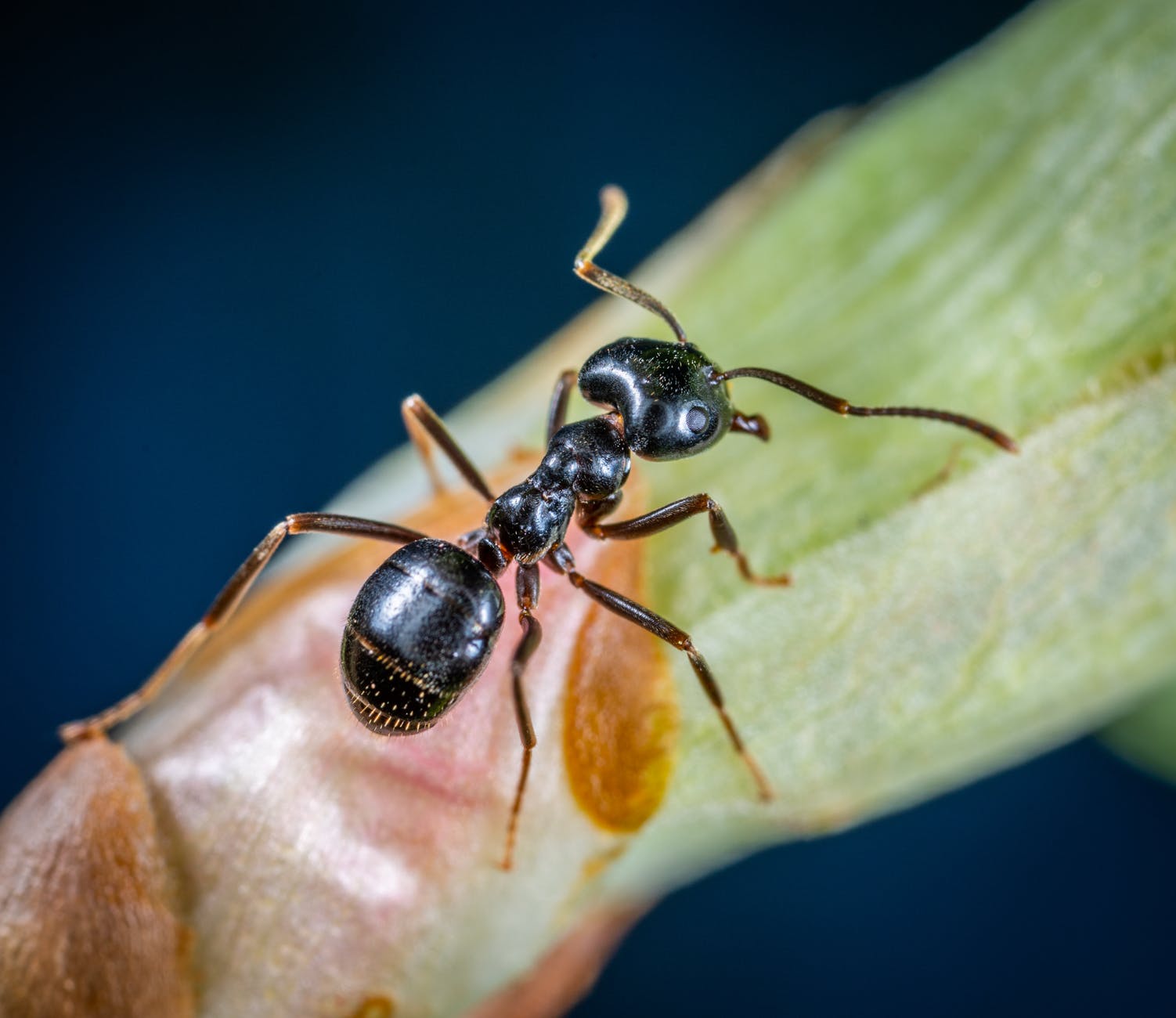The earth, its ecosystem and the creatures that keep them alive are all heavily connected. The existence of certain species depends on others, and humans are no exception. Whether we realize it or not, many animals that exist on this planet are keeping us all alive and keeping our ecosystems in balance. Here’s our top 10!
Ants
Surprisingly, ants have a much bigger part to play than stealing our crumbs and wandering into our pantry unwanted. Ants actually aid in decomposition and turn up more soil than earthworms! Ants will aerate the soil and add nutrients when they dig tunnels which help create healthy soil for our plants (and therefore food) to grow. They have even been known to be essential to chocolate and coffee production! They also eat some actual pests such as flies, fleas, bed bugs, and larvae which keeps the pest populations in balance.
Earthworms
On that note, an honorable mention must go to earthworms who provide a critical role in the Earth’s biosphere. They aerate the soil and enrich it with organics and minerals from their excrement. They thrive best in soil with higher pH levels (less acid) and may suffer with the use of manure. They work best when left with natural dirt!
Bees
Of course, we have to mention the bees! Bees are some of our planet’s best pollinators, helping us pollinate billions of crops globally each year. An estimated 70% of all crops we eat actually rely on the exchange between the plant and the bee, so they are integral to a healthy and thriving ecosystem.
Beavers
Beavers gnaw and dam their way through woodlands to help us combat climate change! They reduce flooding, wildfire damage, preserve fish populations and conserve freshwater reservoirs. They help us regulate our river systems like pros!
Termites
Though termites can cause massive damage to our homes, they actually have a much better effect on our lives than we realize. Termites eat decomposing plant matter to help keep recycling energy in our ecosystem. The gut of a termite contains microorganisms that break down fibrous plants, helping us clean up all of those fallen trees, leaves, and even rotting compost.
Rats
Rats have a very keen sense of smell and are quite trainable – therefore they have been set to work as landmine detectors! They are being trained to sniff them out, allowing previously unsafe land to be used again.
Bats
Most of us may know bats only as super hearing and slightly more terrifying birds, but 70% of bat species actually consume millions of pest insects every year. This saves farmers billions of dollars in crops and reduces the need for chemical pesticides. Particularly mosquitos, which carry deadly diseases such as malaria, are a delicacy for the bat! Brown bats can eat up to a thousand mosquitos in just one hour! The rest of the bats, those who prefer nectar to pests, are actually pollinators for over 500 plant species that are ecologically significant! Whenever a bat drinks the nectar from a flower, they pick up pollen and transfer it as they go along.
Frogs
Frogs, one of our most unexpected important species, are actually great indicators of a healthy ecosystem. Frogskin is porous, which allows substances present in the environment to be absorbed in their fatty tissue. Like the old “canary in the mine” warnings, frog health will react quickly to any biological hazards and can help warn humans quickly!
Birds
Birds might be the only one on this list that we can expect! Birds do a little bit of everything for us, from decomposition, pest control, recycling nutrients, and – like frogs – some biological hazard indicating.
Dogs
Our personal favorite, dogs are considered “man’s best friend” for a reason! Dogs have been walking side by side with us starting from protection and hunting duties, to well-trained service dogs for visual impairments and search and rescue missions! As well as being great friendly companions, dogs have helped humans progress to the point we are today.
Every time we take a quick stroll through our neighborhood, take a look around to see which animals can be seen quietly doing the work to keep our ecosystems in check!

